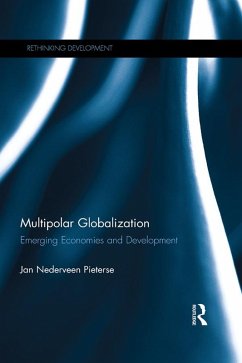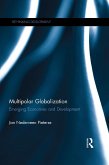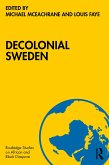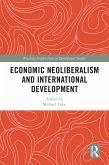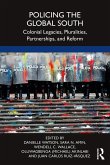Dieser Download kann aus rechtlichen Gründen nur mit Rechnungsadresse in A, B, BG, CY, CZ, D, DK, EW, E, FIN, F, GR, HR, H, IRL, I, LT, L, LR, M, NL, PL, P, R, S, SLO, SK ausgeliefert werden.
"This is the book we need to understand the contemporary crisis of globalization. I hope it will be assigned in courses, and read by citizens, all around the world." - Craig Murphy, International Relations, Wellesley College; University Massachusetts Boston
"This is an outstanding book that demonstrates the need to understand globalization with a radically new register, in light of the momentous shifts around the emerging economies in Asia and the global South." - Fazal Rizvi, Professor of Global Studies in Education, The University of Melbourne
"Merging past, present and future into a single moment is a problematic task - particularly if it relates to a complex topic such as 'globalisation'. In Multipolar Globalization, Jan Nederveen Pieterse expertly reflects on the past assumptions, present discussions, and future challenges of globalisation studies. [...] Nederveen Pieterse reflects on the future epistemic shift necessary to theoretically and methodologically deal with the coming multipolar world. However, his work remains in the epistemological present. We cannot blame him, since this is a paramount endeavour. To really understand that 'thinking multicentric is a shift away from Eurocentrism and Westerncentrism', and that 'contemporary multipolarity is a multiverse' (p. 183), we should acknowledge that perhaps alternative epistemological approaches may not (only) come from (or through) the West. Are we ready for that? Overall, this work makes a valuable contribution to globalisation studies that will help the reader understand the manifold complexities of the turbulent present and the challenging future. Nederveen Pieterse once again does a great job... but the beast is still alive." - Juan Telleria (2018): Multipolar Globalization: Emerging Economies and Development, The Journal of Development Studies, DOI: 10.1080/00220388.2018.1490511
"For those who are familiar with some previous books by Jan N. Pieterse, such as Ethnicities and Global Multiculture, Development Theory or the co-authored The decolonization of imagination, the present book is both welcome and unexpected. It is welcome because the author gives those who are interested in understanding current global configurations, a compact and outstanding sociological analysis of contemporary shifts and turns in globalization. On the other hand, the book is unexpected because of its genre. While most of the previous books of Jan N. Pieterse are brilliant contributions to the broad field of social theory, the present book is what Germans call Zeitdiagnose, that is a diagnosis of the present time. [...] The book defends a clear and convincing main thesis, according to which emerging economies and societies have turned globalization from a first Great Britain- and then US-dominated game into a multicentric process whose range and consequences are not yet clear. These shifts, which have been misrepresented in Western media, are linked to crisis and dynamics of capitalism but also to the agency emerging societies and their institutions have had." - Sérgio Costa, Freie Universität Berlin, Germany, Review for E-International Relations

